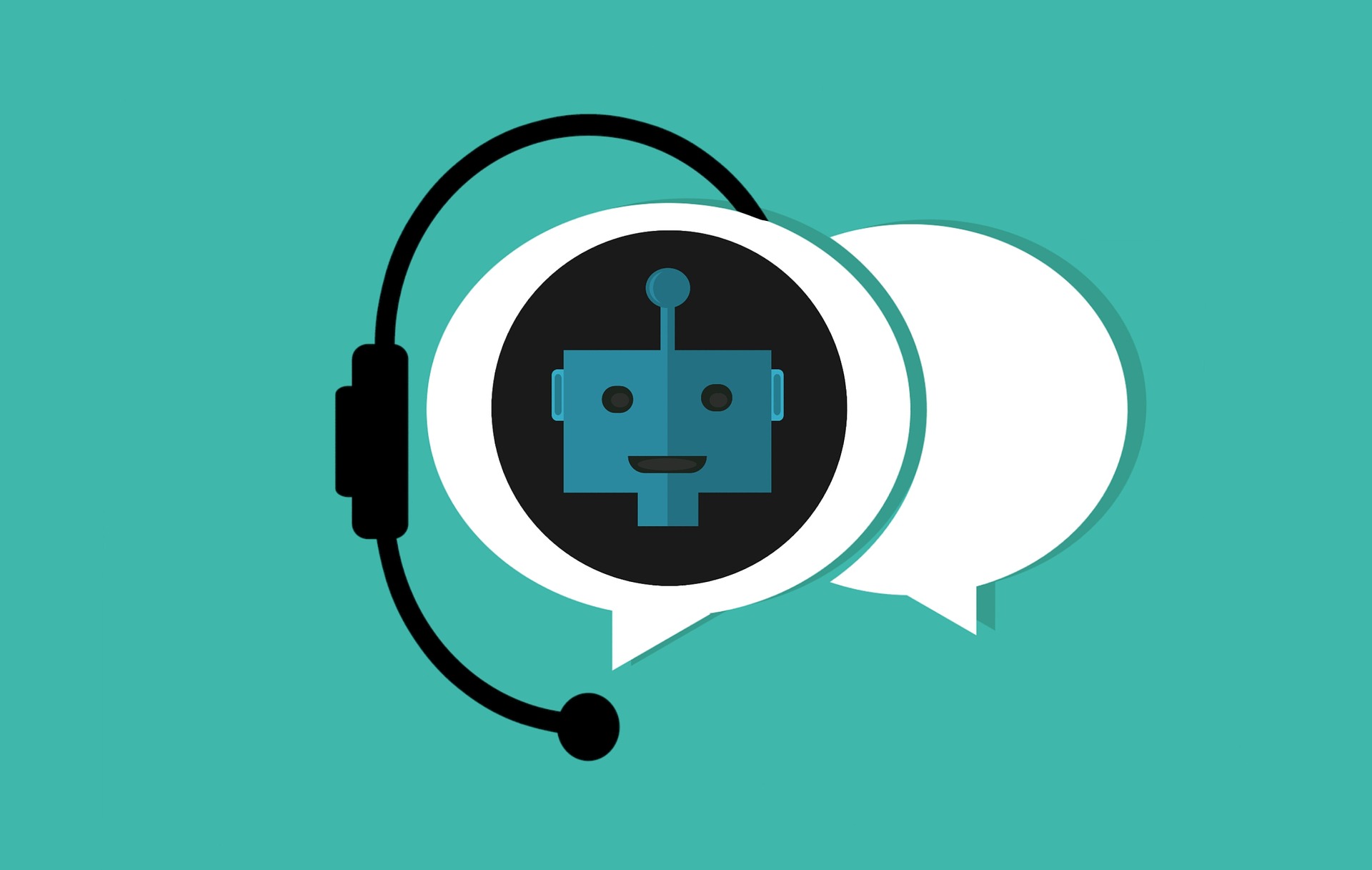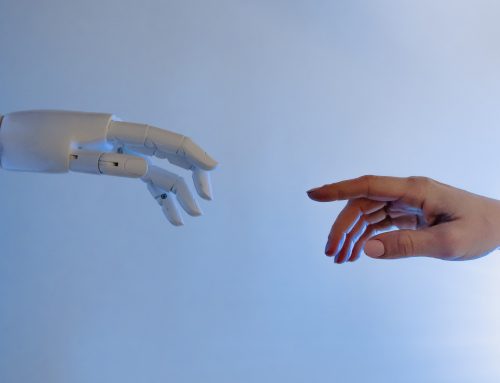Customer services is no stranger to AI technology. For years we have all experienced going onto numerous websites and getting a little pop-up in the corner asking if we want help. Did you know that research from as early as 2016 found that AI technology could boost workforce productivity by 40%?
This wave of AI technology has been slow to arrive and elements have not always lived up to expectations. However, it is now beginning to wash against the shores of our daily work in a positive way. The data from IBM shows a very clear trend – AI adoption is on the rise. It’s an important area after all, with Microsoft’s research teams finding that a high quality customer service experience is a core factor for 96% of people when it comes to brand loyalty. So what changes can we expect within customer services?
1) AI chatbots will transform customer services
The potential impact of AI chatbots within customer services cannot be overstated. A well-maintained AI chatbot can do the work of a team of customer service agents, 24 hours a day, 7 days a week. A chatbot does not require onboarding or refresher training, and does not need a salary (barring setup and maintenance costs). They can quickly retrieve information for basic (and potentially complex) questions faster than a human could, and they can respond to customer queries in different languages. Now that’s good value for money!
In addition, if an AI chatbot is designed to be more conversational, there is great potential for customer personalisation. A customer with a unique identifiable account can be recognised and remembered by an AI chatbot. The chatbot could welcome the customer back and ask if they need assistance with what they previously asked about, or if they need help with something else. Your customers would practically have a digital assistant for your services!
2) AI automation will transform customer services
AI chatbots already come packed with customer service automation benefits, but what else can be automated with AI? Well, AI technology can run your self-service help centre as well! Rather than having to click through several articles trying to find what they are looking for, a customer can type their question directly into an AI-powered search engine who can quickly retrieve all relevant information and resources. If the AI has interactive voice response (IVR) capability, customers will not even have to type it out or click on anything – they can just speak to the AI instead!
It’s not just customers who can benefit from AI technology. Common repetitive back-end tasks such as data entry and query follow-ups can also be automated. Communications in particular, including emails and SMS, (perhaps even physical letters) can be generated automatically through pre-configured templates and sent off to customers without anybody in your back-office having to lift a finger. AI technology can also be used to gather analytical data regarding aspects such as query outcomes, common concerns, and general customer behaviour when they access your services.
3) AI personalisation will transform customer services
We touched on personalisation earlier, but what exactly is it? How does it work, and what kind of impact will it have on customer services? Well, AI combines several technological innovations:
- Machine learning, which involves feeding an AI with a wealth of information so that it can perform specific tasks, and get progressively better at performing them over time.
- Natural language processing (NLP), which governs an AI’s ability to not just read text and speech, but to actually understand the meaning and intent behind the words like a human can.
- Deep learning, a more advanced type of machine learning, where the AI can also learn to make informed and logical decisions by itself without prompting.
Combined, the above would allow for customers to experience a personalised… well, experience!
Much like how streaming services such as Netflix or Spotify serve recommendations to you based on your watch/listen history, AI technology can do the same within customer services. For example, if a customer commonly searches for garden waste information or submits bin collection requests, the AI will recognise this and can change the customer’s home page to reflect the services they are most interested in.
Furthermore, AI technology can also collect vast quantities of data about customer preferences, search queries, service requests, etc, which can be used to make informed decisions going forward. For instance, if there has been an upward trend in graffiti reports or missed collections, the local authority can recognise this from the AI-collated data and take steps to mitigate these issues.






